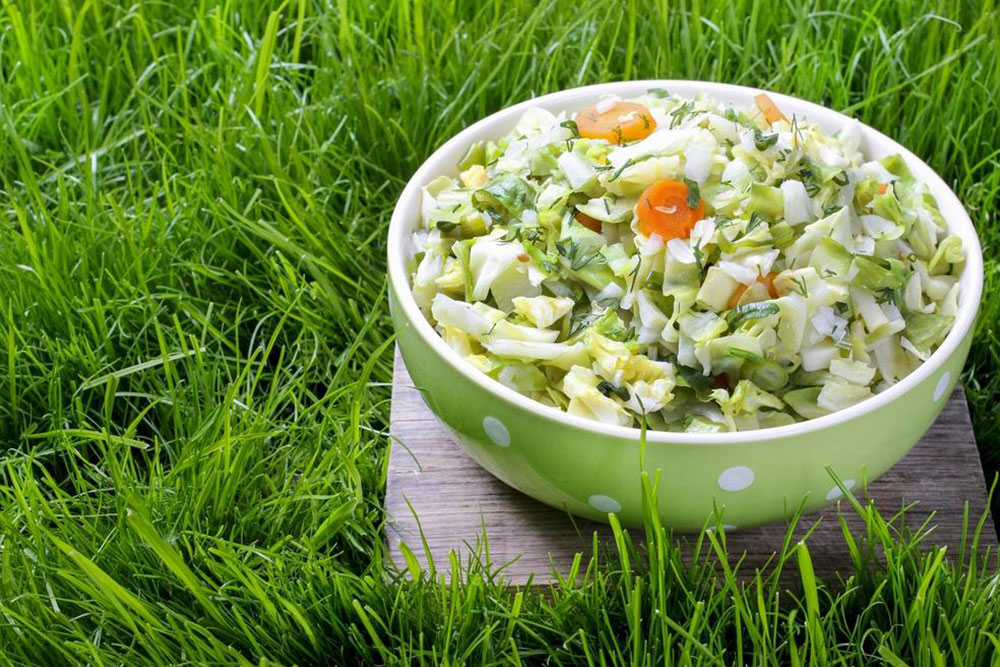Basics of a Hypothyroidism Diet
Hypothyroidism is a condition that occurs when the levels of thyroid in the body decreases. There are two thyroid hormones: thyroxine and triiodothyronine. You can face a lot of problems when the levels of either thyroid hormones are low.
When this happens, a change in diet alone might not be enough. However, avoiding and eating certain foods as a part of your regular meals can improve the absorption of these hormones by the body.
It is important to eat the right food as it impacts your health directly. Foods have the basic nutrients and minerals that keep the body working.

Foods to Include in a Hyperthyroidism Diet
- Selenium
High amounts of selenium can be found in Brazilian nuts, sunflower seeds, and several other foods. It is required for the enzymes to check if the thyroid hormones are functioning properly. - Tyrosine
These are amino acids that the thyroid glands need to produce the T4 and T3 hormones. You can find plenty of amino acids in foods like dairy products, meats, and legumes.
One of the first signs of hyperthyroidism is weight gain. A healthy hyperthyroidism diet will have high-density foods that are also low in calories. Fruits and vegetables are a vital part of this diet. They also help in balancing the weight. You need to consume adequate amounts of these fresh fruits and vegetables every day. Tomatoes, blueberries, bell peppers, and several other foods are rich in antioxidants. They can improve the condition of the thyroid gland and are also good for health.
Foods that are high on Vitamin B, like whole grains, also help to deal with thyroid hormones. They also help in reducing the risks of heart diseases.
Foods to Avoid in a Hyperthyroidism Diet
Here are some foods that contain components that can interfere with the functioning of the thyroid gland.
- Soy
There are studies that show that foods that contain soy have an enzyme that can inhibit the thyroid hormone. It even concluded that women who consume high amounts of soy are three times more prone to hyperthyroidism. - Calcium and Iron Supplements
Supplements can also change how the thyroid hormone works. It is best to try these supplements only when they are required and consume them only after consulting a doctor. - Iodine-rich Food
While in most cases, hyperthyroidism is caused due to lack of iodine consumption, too much of it can also have a detrimental effect. An excess may suppress the activity of the thyroid gland. You need to consult a doctor before you increase or decrease the intake of iodine in your diet. - High-fiber Foods
Fiber plays a large role in influencing the absorption rate of food by the body. A high-fiber diet is mostly considered healthy, but when consumed immediately after a meal, it can be harmful. It can affect the intake of the medicines related to thyroid, thus interfering with the cure.
Vegetables to Avoid in a Hyperthyroidism Diet
Vegetables are mostly considered to be healthy and they must be consumed in moderation. It is important that you have a balance between all the vegetables that you consume. Vegetables that are high in fiber like brussels sprouts, kale, spinach, cabbage, and broccoli may inhibit the absorption of the thyroid medication.
However, fiber is very important in your diet. You can reduce the intake of these foods after you have taken your medication. Other factors that can affect the thyroid medication include alcohol, caffeine, and tobacco. You can also seek help from your doctor to reduce the consumption of such harmful foods.
Hyperthyroidism Diet and Supplements
The diet for hyperthyroidism does not stop you from eating the right foods to stay healthy. However, those who have the condition often choose to go vegetarian and focus on consuming foods that are rich in protein.
You need to ensure that you are getting all the right nutrients every day. You can consult a specialist who can help you come up with a meal plan that can improve your condition.
There are also traditional, natural medicines that can help along with following the diet for hyperthyroidism. Plant extracts like Coleus, Centella, and Withania Somnifera have been used in herbal supplements to treat hyperthyroidism for generations in traditional ancient Indian healing systems.
It is best to consult your doctor before you make any change in your diet. Your thyroid levels need to be checked frequently to see if you are on the right medication. It will help you track improvements accordingly and choose the diet that can help you to recover quickly.

